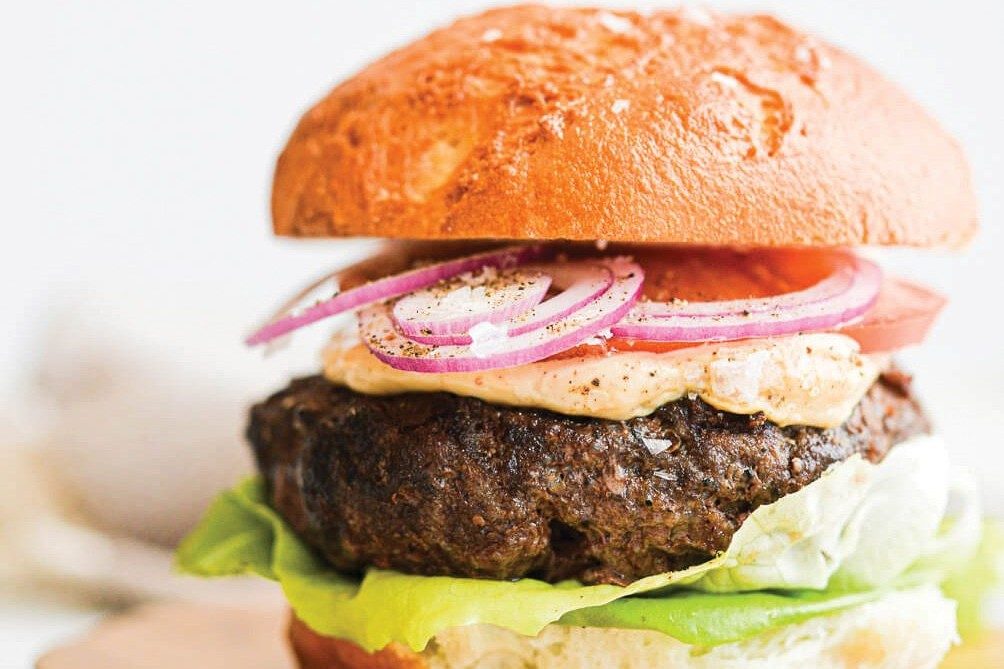Despite the media hype surrounding alternative proteins, pastoral farmers are not a threatened species, Dr Jacqueline Rowarth believes.
“The good news is that increasing demand for protein is not going away,” the Adjunct Professor at Lincoln University, and farmer-elected director of DairyNZ and Ravensdown said. “Most people want ‘natural’ and that’s the most sought-after label,” she told the 34th Farmed Landscapes Research Centre virtual workshop in February.
Her message; “Alternative proteins as part of future farming: the claims and the reality” appears contrary to headlines in the media in 2019 which claimed 33% of New Zealanders were ditching meat and another ‘2020 a record year for plant-based cultivated meat and sustainable protein companies’ by Oliver Morrison, published in May 2021 on the Food Navigator website. However, by November 2021 news sites were reporting that ‘Beyond Meat’ shares on Wall Street were falling. “It appears people might have had enough of plant-based meat and the category has already peaked.”
There may have been ‘greenwashing’ and many synthetic meat producers could have ‘over promised and under delivered’ in their environmental claims, Jacqueline said.
Creating laboratory-grown meat requires the use of animal stem cells and sugar to create the medium in which to grow them. This may come from beet, cane or maize all of which will be grown under management practices involving cultivation and fallowing of land, nitrogen inputs, weed and pest control and harvesting.
Trillions of dollars would be required to build the facilities and technologies needed to provide just 15% of the world’s meat demand, she said.
A 2019 report from Frontiers in Sustainable Food Systems; ‘Climate Impacts of cultured meat and beef cattle’ showed that initially the cattle system produced greater peak warming than cultured meat because of methane production, but that warming declined and stabilised.
“In contrast the CO2-based warming from cultured meats persists,” the report said. Plant-based proteins require significant processing, including fractionation, soaking, heating, acidification, fermentation and pulverisation, plus time and the process produces greenhouse gases. A social media photo from a Texas supermarket where shelves were virtually cleared of food before a hurricane in 2017 could be an indication of just how popular vegan food really is. The image showed the only foods left were vegan, Jacqueline said.
Each year the International Food Information Council looks at what drives the purchase decisions of consumers. The 2021 finding show that top of the list is taste, followed by price, healthiness, and convenience with environmental sustainability the bottom of the list.
When it comes to intention versus reality, further research showed that in 2019 only 5% of people who intended to go completely meat-free in the United Kingdom, succeeded. In 2021 less than 2% of intentions became reality.
“New Zealand animal-based protein produced by farmers caring for their animals and the environment, which needs hardly anything done to it to be edible, is exactly what people want,” she said.





